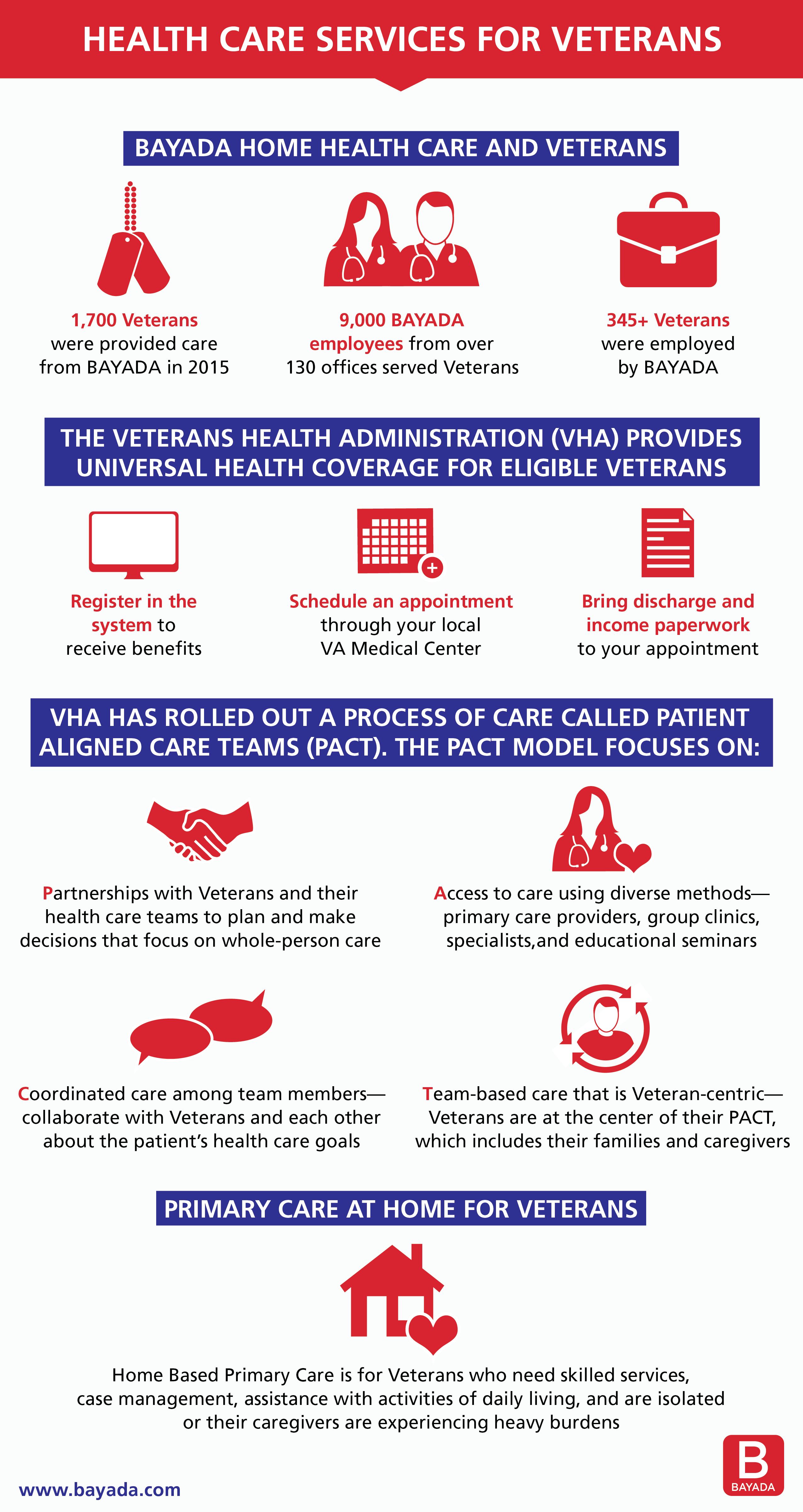Table of ContentsThe 45-Second Trick For Health Policy - American Nurses Association (Ana)5 Simple Techniques For The Importance Of Healthcare Policy And ProceduresHow Health Care For All: A Framework For Moving To A Primary Care ... can Save You Time, Stress, and Money.
With Congressional oversight, United States health companies establish laws developed to safeguard public wellness (how does universal health care work). The Department of Health and Human Being Provider (HHS) supervises the general health problems and concerns of all American citizens, spearheading initiatives that enhance public health and more medical research. In 2016, the mission of the HHS required enhancing patient outcomes and lowering medical expenses.
As an outcome, the following eight acts of legislation have had a significant influence on health in America. The Health Care Quality Enhancement Act (HCQIA) https://5e81e2863adf4.site123.me/#section-5f48e8ef6f538 provides immunity for physician and organizations during conduct assessments. The law stemmed partly due to a Supreme Court judgment including abuse of the physician peer review process.
Lawmakers enacted the law to safeguard doctor from peer review-related claims and to encourage physicians to file main complaints after experiencing less than professional and dangerous peer conduct. The Medicare program provides insurance protection for practically 50-million American people. In 1945, President Harry Truman rallied Congress for funding to guarantee all United States residents.

Kennedy lastly prospered in providing protection for U.S. seniors. Today, the Congressional Spending plan Office forecasts that the program will endure forever thanks to sweeping spending reforms. President Johnson's 1965 legislation likewise consisted of a provision to offer insurance for low-income individuals. Today, Medicaid supplies protection for over 70-million American residents.
Medicaid covers numerous recipients, such as uninsured expectant mothers, temporarily unemployed employees and disabled people. Recently, brand-new legislation has decreased the country's uninsured rate to under 9-percent, representing the highest coverage rate in U.S. history. Together with the Medicaid, the Children's Medical insurance Program (CHIP) has produced a strong foundation for delivering health coverage to children residing in low-income homes.
The program has a substantial history of providing insurance to impoverished kids and receives financing from particular states and the federal government. Today, the Affordable Care Act (ACA) makes this service accessible to the largest variety of low-income children in the country's history. The Healthcare Facility Readmissions Reduction Program (HRRP), an Affordable Care Act effort, needs the Centers for Medicare and Medicaid Solutions (CMS) to minimize payouts to care facilities that experience excessive patient readmissions.
An Unbiased View of U.s. Health Care Policy - Rand
The program also permits workers to apply to a select group of health insurance coverage plans to replace lost coverage and change for family changes such as marital relationships, births and adoptions. HIPAA bars insurers from discriminating against policy candidates due to health problems. In some circumstances, if an insurer rejects a worker's application, the individual might look for protection beyond the regular enrollment duration.
The Client Safety and Quality Improvement Act (PSQIA) protects health care workers who report risky conditions. Lawmakers created the law to encourage the reporting of medical mistakes, while preserving patients' confidentially rights. To guarantee client personal privacy, the HHS levies fines for confidentially breaches. The law also licenses the Company for Health Care Research and Quality (AHRQ) to release a list of patient safety companies (PSOs) that record and analyze patient security information.

In March 2010, president Barak Obama approved the Affordable Care Act (ACA), a somewhat modified version of the extensive protection thought of by presidents since the early 1900s. The act needs most U.S. residents to look for medical insurance protection, levying a penalty for people who fail to protect insurance coverage however making exceptions for a couple of protected groups.
The act also developed the American Health Benefits Exchange, where people can examine and compare insurance coverage strategies. The Affordable Care Act uses healthcare experts the opportunity to take part in shaping the delivery of client services. The medical field can benefit from input that helps deliver better services to the growing patient population while lowering care expenditures.
At Regis, we give you more pathways to pursue your objectives in healthcare administration. As a devoted leader of health administration education, we invite ambition-driven, self-motivated professionals like you from all health care settings. Gain special insight into areas like management, interactions, health informatics, and health policy through our Online Master of Health Administration program. Western Michigan University Medicare Resources Centers for Medicare & Medicaid Solutions Health & Human Being Providers The Henry J.
Health policy refers to choices, plans, and actions which were undertaken to attain particular health care objectives within a society. A specific health policy might achieve a number of things that consist of specifying a vision for the future which in turn helps to establish targets and points of reference for the brief and medium term.
Not known Facts About Health Care Policy - An Overview - Sciencedirect Topics
There are lots of categories of health policies, including individual healthcare policy, pharmaceutical policy, and policies associated with public health such as vaccination policy, tobacco control policy or breastfeeding promotion policy. They might cover subjects of funding and delivery of healthcare, access to care, quality of care, and health equity. Health Care: Current Evaluations, Journal of Health & Medical Economics, Health Systems and Policy Research Study, Journal of Health & Medical Economics, Journal of the American Public Welfare Association, Journal of Health Provider Research & Policy, Canadian Journal of Rural Medicine, Health Service Journal, Journal of Danger Management and Health Care Policy, International Journal of Healthcare Policy, Health Service Journal, Person Resources for Health, Health Affairs, Eastern Mediterranean Health Journal.